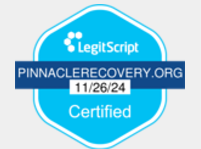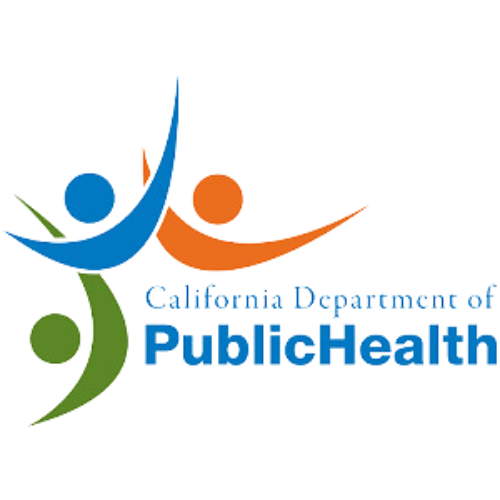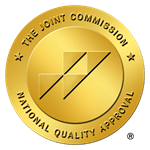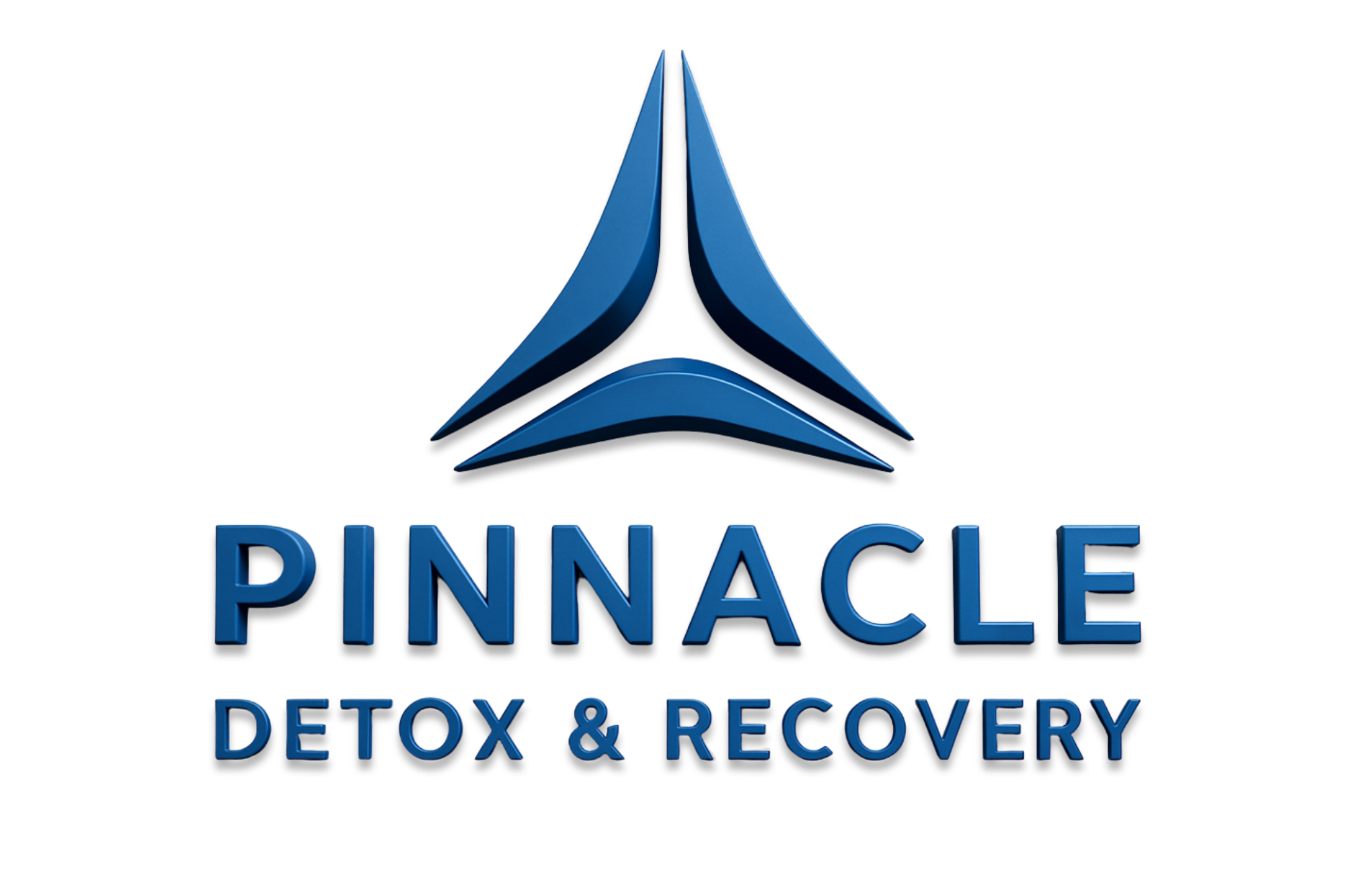Drug recovery provides extensive
health benefits that extend far beyond initial sobriety. You'll experience significant
physical improvements in cardiovascular fitness, respiratory function, and immune system strength. Your
mental well-being will improve through amplified emotional regulation and cognitive function. Recovery also strengthens social connections and reduces relapse risks, with 75% of individuals achieving
sustained recovery when seeking help. These all-encompassing improvements represent just the beginning of your recovery expedition's profound impact.
Physical Restoration and Disease Prevention
When individuals enter drug recovery, their bodies begin a remarkable process of
physical restoration that reverses many detrimental effects of substance abuse. You'll experience substantial improvements in
cardiovascular fitness as your heart and blood vessels repair themselves, leading to lower blood pressure and better cholesterol levels. Your
respiratory capacity will increase, enhancing lung function and oxygen delivery throughout your body.
Walking programs provide a safe and accessible way to begin exercising during recovery, especially for those with limited physical capabilities.
Your
immune system will strengthen, making you more resistant to infections and chronic diseases. You'll notice improved
metabolic health, with better insulin sensitivity and normalized hormone levels. Regular exercise during recovery accelerates these healing processes, reducing inflammation and supporting
cellular repair. Engaging in
150 minutes weekly of moderate exercise is recommended for optimal health benefits. The combination of abstinence and physical activity considerably lowers your risk of developing type 2 diabetes, certain cancers, and metabolic syndrome. Adopting
healthy lifestyle behaviors becomes easier as research shows regular exercise is often associated with other positive health choices.
Mental Wellness and Psychological Growth
Drug recovery catalyzes profound transformations in mental wellness, extending far beyond physical sobriety. You'll experience significant improvements in emotional maturity and cognitive function as your brain heals. Recovery strengthens your emotional regulation skills while fostering spiritual development through amplified self-awareness.
Integrated treatment approaches have proven particularly effective for long-term mental wellness outcomes. Studies show
more than 30% of individuals with mental health histories report substance use problems, highlighting the interconnected nature of recovery. Engaging in
peer support groups has shown promising benefits for sustaining long-term recovery success.
| Recovery Duration |
Mental Health Improvements |
| 3-6 months |
Reduced anxiety & depression |
| 6-12 months |
Amplified cognitive function |
| 1-2 years |
Improved self-esteem |
| 2-3 years |
Decreased co-occurring symptoms |
| 3+ years |
Sustained psychological growth |
Your recovery path will elevate self-efficacy and reduce co-occurring mental health symptoms, with 66.5% of adults reporting mental health recovery after resolving substance use. You'll develop stronger coping mechanisms, sharper decision-making abilities, and deeper psychological insights that support long-term wellness and sustained sobriety.
Building Stronger Social Connections
Through
sustained recovery, you'll develop increasingly sturdy social connections that serve as
protective factors against relapse and improve treatment outcomes. These relationships augment your quality of life, reduce perceived stress, and strengthen your emotional resilience. Studies demonstrate that
social support predicts better substance use outcomes following treatment completion. Having
four or more friends for important discussions and support is common among those in successful recovery. As you progress,
workplace reintegration becomes a primary avenue for building prosocial connections, while recreational activities introduce you to
substance-free social circles.
Support group communities on social media platforms provide additional opportunities for connection and mutual encouragement.
Your
expanding support network counteracts isolation and stigma while reinforcing healthy behaviors. You'll find that engagement with peer communities, family members, and recovery groups provides essential structure and accountability. Online platforms can extend your support system beyond geographic limitations, offering
continuous encouragement. Research shows that maintaining these diverse social connections correlates directly with increased abstinence days and higher treatment retention rates.
Sustained Recovery and Relapse Management
As you advance in your recovery process, understanding the dynamics of
relapse and implementing effective
management approaches becomes crucial for long-term achievement. Research shows that
continuing care planning profoundly impacts
sustained recovery, with personalized treatment strategies proving most effective in preventing recurrence.
Social support systems have been consistently linked to increased days of abstinence and lower relapse risk. Nearly
88 percent of individuals in recovery report a notably improved quality of life. A study found that patients receiving both primary care and specialized substance abuse treatment had
twice the odds of achieving remission.
Regular primary care visits correlate with higher remission rates over nine-year periods
- Treatment completion rates of 81+ days show improved long-term outcomes
- Medication-Assisted Treatment reduces opioid-related deaths by approximately 50%
- Behavioral therapies remain essential for stimulant use recovery
- Yearly healthcare engagement yields better results than biannual visits
While initial relapse rates range from 40-60%, you'll find that your risk decreases substantially with ongoing medical support and customized treatment planning. Maintaining
consistent healthcare relationships and adhering to extensive aftercare programs significantly boost your chances of sustained recovery.
Enhanced Life Quality and Daily Functioning
Recovery from substance use disorders brings profound improvements across multiple dimensions of life quality, with research showing that up to 88.4% of individuals in sustained recovery report good to excellent, extensive well-being. Substance use disorders are increasingly recognized as
chronic conditions requiring long-term management and support.
The initial period may include
steep declines in well-being, but these temporary challenges typically resolve within the first year after achieving sobriety. You'll experience
substantial gains in physical and mental health, with over 92% reporting
amplified psychological well-being. Research shows that
75% achieve recovery when seeking help for substance use problems. Your daily functioning will steadily improve, leading to increased productivity and financial security through new employment opportunities and educational achievements. Within two years, you'll likely see
normalized social relationships, while
occupational functioning typically stabilizes within a decade.
Quality of life measures continue to rise throughout recovery, matching those of the general population by the 15-year mark. You'll benefit from growing
recovery capital, supporting
sustained health improvements, and augmented daily capabilities across personal, professional, and social domains.
Frequently Asked Questions
How Long Does It Take for Brain Chemistry to Return to Normal?
Your brain's chemistry typically takes 6-24 months to normalize, with
neurotransmitter balance beginning to improve within the initial 3 months. You'll experience
neural regeneration throughout this period, with significant healing occurring in stages. While you'll notice improvements in
cognitive function and mood after 6 months, complete restoration can take up to 2 years, depending on factors like drug type, usage duration, and your commitment to treatment protocols.
Can Recovery Help Reverse Existing Organ Damage From Substance Abuse?
Yes,
recovery can help reverse some
organ damage, particularly in your liver, brain, and cardiovascular system. The
organ restoration process begins when you stop substance use, and many early-stage conditions can improve substantially. Your liver can regenerate tissue, while your brain's neuroplasticity enables cognitive healing. Recovery lifestyle changes, including proper nutrition and exercise, bolster this healing. However, advanced damage, like cirrhosis or severe brain injury, may be permanent.
What Percentage of Recovered Addicts Maintain Successful Romantic Relationships?
Research indicates that
less than 30% of recovered addicts maintain successful long-term romantic relationships. You'll face better odds of relationship success if you wait
at least one year into recovery before pursuing romance. Building strong
partner communication skills and establishing a reliable social support network are vital protective factors. Participation in
couples therapy and relationship-specific recovery programs can considerably enhance your chances of maintaining a stable, healthy partnership post-recovery.
Do Genetic Factors Influence Long-Term Success Rates in Drug Recovery?
Yes, your
genetic predisposition profoundly impacts your long-term recovery success. Research shows that
40-60% of your addiction susceptibility is linked to genetic factors, which can affect how you'll respond to treatment protocols and your vulnerability to relapse. However, it's vital to understand that
environmental influences interact with these genetic components. You'll have better outcomes when your treatment plan accounts for both your genetic profile and external support systems.
How Does Age at Recovery Start Affect Overall Life Expectancy?
Your
maturity at recovery onset profoundly impacts your life expectancy - the earlier you start, the more years you'll potentially gain back. When you begin
recovery programs in your 20s-30s, you'll save decades of potential life compared to delayed intervention. Recovery program duration becomes more crucial with each passing year, as prolonged substance use accelerates cumulative health damage. You'll experience the most considerable
life expectancy benefits by initiating recovery during youth or young adulthood.
 When individuals enter drug recovery, their bodies begin a remarkable process of physical restoration that reverses many detrimental effects of substance abuse. You'll experience substantial improvements in cardiovascular fitness as your heart and blood vessels repair themselves, leading to lower blood pressure and better cholesterol levels. Your respiratory capacity will increase, enhancing lung function and oxygen delivery throughout your body. Walking programs provide a safe and accessible way to begin exercising during recovery, especially for those with limited physical capabilities.
Your immune system will strengthen, making you more resistant to infections and chronic diseases. You'll notice improved metabolic health, with better insulin sensitivity and normalized hormone levels. Regular exercise during recovery accelerates these healing processes, reducing inflammation and supporting cellular repair. Engaging in 150 minutes weekly of moderate exercise is recommended for optimal health benefits. The combination of abstinence and physical activity considerably lowers your risk of developing type 2 diabetes, certain cancers, and metabolic syndrome. Adopting healthy lifestyle behaviors becomes easier as research shows regular exercise is often associated with other positive health choices.
When individuals enter drug recovery, their bodies begin a remarkable process of physical restoration that reverses many detrimental effects of substance abuse. You'll experience substantial improvements in cardiovascular fitness as your heart and blood vessels repair themselves, leading to lower blood pressure and better cholesterol levels. Your respiratory capacity will increase, enhancing lung function and oxygen delivery throughout your body. Walking programs provide a safe and accessible way to begin exercising during recovery, especially for those with limited physical capabilities.
Your immune system will strengthen, making you more resistant to infections and chronic diseases. You'll notice improved metabolic health, with better insulin sensitivity and normalized hormone levels. Regular exercise during recovery accelerates these healing processes, reducing inflammation and supporting cellular repair. Engaging in 150 minutes weekly of moderate exercise is recommended for optimal health benefits. The combination of abstinence and physical activity considerably lowers your risk of developing type 2 diabetes, certain cancers, and metabolic syndrome. Adopting healthy lifestyle behaviors becomes easier as research shows regular exercise is often associated with other positive health choices.
 Through sustained recovery, you'll develop increasingly sturdy social connections that serve as protective factors against relapse and improve treatment outcomes. These relationships augment your quality of life, reduce perceived stress, and strengthen your emotional resilience. Studies demonstrate that social support predicts better substance use outcomes following treatment completion. Having four or more friends for important discussions and support is common among those in successful recovery. As you progress, workplace reintegration becomes a primary avenue for building prosocial connections, while recreational activities introduce you to substance-free social circles. Support group communities on social media platforms provide additional opportunities for connection and mutual encouragement.
Your expanding support network counteracts isolation and stigma while reinforcing healthy behaviors. You'll find that engagement with peer communities, family members, and recovery groups provides essential structure and accountability. Online platforms can extend your support system beyond geographic limitations, offering continuous encouragement. Research shows that maintaining these diverse social connections correlates directly with increased abstinence days and higher treatment retention rates.
Through sustained recovery, you'll develop increasingly sturdy social connections that serve as protective factors against relapse and improve treatment outcomes. These relationships augment your quality of life, reduce perceived stress, and strengthen your emotional resilience. Studies demonstrate that social support predicts better substance use outcomes following treatment completion. Having four or more friends for important discussions and support is common among those in successful recovery. As you progress, workplace reintegration becomes a primary avenue for building prosocial connections, while recreational activities introduce you to substance-free social circles. Support group communities on social media platforms provide additional opportunities for connection and mutual encouragement.
Your expanding support network counteracts isolation and stigma while reinforcing healthy behaviors. You'll find that engagement with peer communities, family members, and recovery groups provides essential structure and accountability. Online platforms can extend your support system beyond geographic limitations, offering continuous encouragement. Research shows that maintaining these diverse social connections correlates directly with increased abstinence days and higher treatment retention rates.
 Recovery from substance use disorders brings profound improvements across multiple dimensions of life quality, with research showing that up to 88.4% of individuals in sustained recovery report good to excellent, extensive well-being. Substance use disorders are increasingly recognized as chronic conditions requiring long-term management and support.
The initial period may include steep declines in well-being, but these temporary challenges typically resolve within the first year after achieving sobriety. You'll experience substantial gains in physical and mental health, with over 92% reporting amplified psychological well-being. Research shows that 75% achieve recovery when seeking help for substance use problems. Your daily functioning will steadily improve, leading to increased productivity and financial security through new employment opportunities and educational achievements. Within two years, you'll likely see normalized social relationships, while occupational functioning typically stabilizes within a decade.
Quality of life measures continue to rise throughout recovery, matching those of the general population by the 15-year mark. You'll benefit from growing recovery capital, supporting sustained health improvements, and augmented daily capabilities across personal, professional, and social domains.
Recovery from substance use disorders brings profound improvements across multiple dimensions of life quality, with research showing that up to 88.4% of individuals in sustained recovery report good to excellent, extensive well-being. Substance use disorders are increasingly recognized as chronic conditions requiring long-term management and support.
The initial period may include steep declines in well-being, but these temporary challenges typically resolve within the first year after achieving sobriety. You'll experience substantial gains in physical and mental health, with over 92% reporting amplified psychological well-being. Research shows that 75% achieve recovery when seeking help for substance use problems. Your daily functioning will steadily improve, leading to increased productivity and financial security through new employment opportunities and educational achievements. Within two years, you'll likely see normalized social relationships, while occupational functioning typically stabilizes within a decade.
Quality of life measures continue to rise throughout recovery, matching those of the general population by the 15-year mark. You'll benefit from growing recovery capital, supporting sustained health improvements, and augmented daily capabilities across personal, professional, and social domains.



